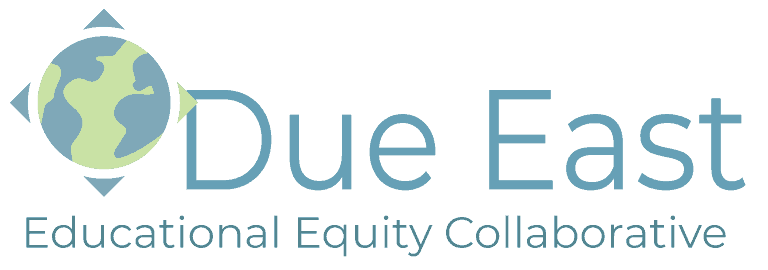Posts by Marceline Dubose
Schools are on Summer Break… Racism is Not
In my anti-racism and educational equity work with schools I regularly encounter instances of students posting racist content on social media and then the school having to address the fall out. Schools often feel that the incidents and the solutions are out of their control or sphere of influence and that an unexpected (and somewhat…
Read MoreSchools are Also Complicit in Police Violence. We Must do Better.
A local school district’s response to police brutality and public demands for justice is critical. Schools are centers for thought, information, and community building. On the topics of policing and legal system justice, schools have a particularly pivotal role to play. For many of our students their first encounters with systemic authority and “policing” comes in school in the form of student discipline policies and practices. First experiences may come as early as elementary school, often as a result of adult responses to or discomfort with student behaviors in the classroom. Policing students comes from teachers, principals, counselors, and other adults with whom students are intimately connected and reliant upon for their education. Sadly, in my work with districts that are trying to become more equitable I have seen many persistent inequities. Inequities in all facets of the school day, but particularly in student discipline. All too often student experiences of policing and discipline in school mirror the racial inequities, disregard, and harm that we see within the larger societal policing and justice systems. Sometimes school discipline and policing lead a student directly into the web of the legal system. School discipline data consistently show disproportionately punitive and sometimes aggressive consequences for black and brown students in comparison to white students. This is unacceptable. Black Students’ Lives Matter.
Read MoreEducational Equity Defined
What is educational equity? How do we know it when we see it and feel it? What is inequity?
During my conversations about educational equity with educators and school leaders, these questions come up often. Sometimes the questions are explicit, sometimes they are implicit in the larger discussions we are having. I have found that the word equity is thrown around often, but a shared, useful and actionable meaning is elusive and often abstract at best. In response to numerous equity conversations and initiatives that are lacking in definition and purpose, I’ve decided to define educational equity. To give educational equity parameters… look like’s… and feel’s like’s.
Read More
